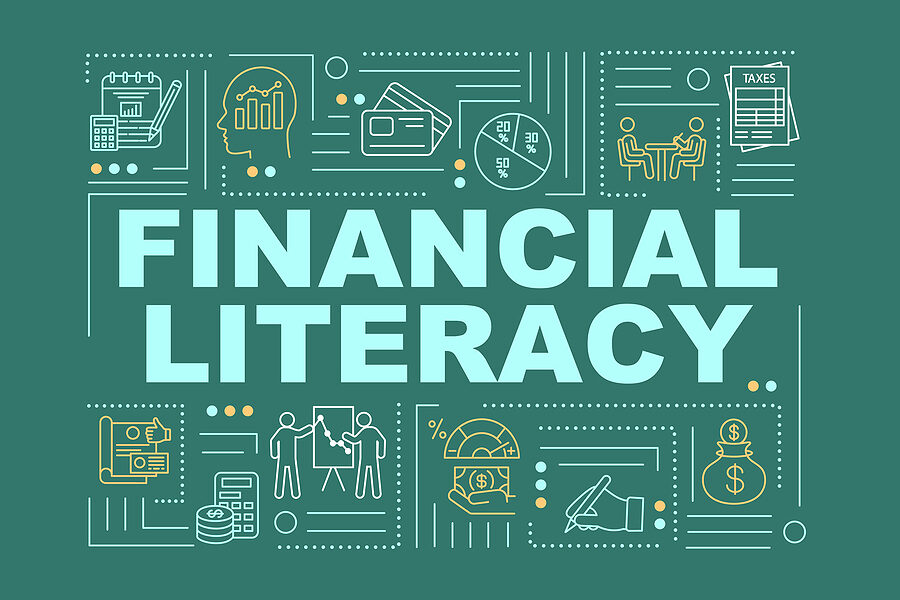Simplicity Digital Advisor
Earth Day: A Focus on Sustainable and Ethical Investing
Earth Day is observed annually on April 22nd, raising awareness and inspiring actions toward preserving the environment. This day typically focuses on reducing plastic waste and conserving energy. However, it is also an opportune time to discuss sustainable and ethical investing.
7 Ideas for Celebrating Financial Literacy Month
April is recognized as Financial Literacy Month, aiming to promote financial education and awareness among individuals. Reflecting on one’s financial habits and learning ways to improve them is crucial.
The Future of Work: AI, Diversity and Inclusion
With the rise of automation, artificial intelligence (AI), and the gig economy, the workforce is transforming significantly. As we move towards the new decade, businesses and individuals must understand the future of work and prepare accordingly.
2024 Tax Season Updates and Tips
Filing your 2024 taxes can be simple when you’re prepared. When you understand recent changes in tax laws to determine which tax credits and deductions you’re eligible to take.
Spring Cleaning Your Finances: How to Declutter Your Financial Life
As we welcome the spring season and start decluttering our homes, it’s also an excellent opportunity for cleaning your finances. Spring cleaning your finances involves reviewing, reorganizing, and eliminating unnecessary financial clutter to make your money management more efficient.
The Psychology of Spending: Mindful Money Habits
Understanding the psychology of spending is crucial in today’s consumer-driven society. On the surface, our consumption habits are about fulfilling needs or wants.
Understanding Sustainable Investing and ESG
Sustainable investing and environmental, social, and governance (ESG) investing enables one to participate as stewards of the planet and its inhabitants by leveraging environmental, social, and governance factors when they invest. The primary goal of the ESG investment is profit, but the impact must benefit beneficiaries for it to be tagged as an ESG investment.
7 Tips to Help Couples Build a Financial Future Together
Planning for and building a financial future as a couple is crucial to a life together. It reflects good financial management skills and is vital in strengthening the bond of trust and understanding in a relationship.
How to Get Organized for Tax Season
It’s that time of the year again when taxpayers must organize their finances, prepare their paperwork, and file their annual tax returns. Getting organized for tax season may seem challenging, but with the proper planning and tools, it can be manageable—even easy. This article shares some valuable tips for preparing to navigate tax season appropriately.
President’s Day- Financial Lessons from Past U.S. Presidents
On a day dedicated to acknowledging the services of our nation’s past presidents, it’s also an opportunity to glean key financial lessons from their experiences and practices retrospectively.










